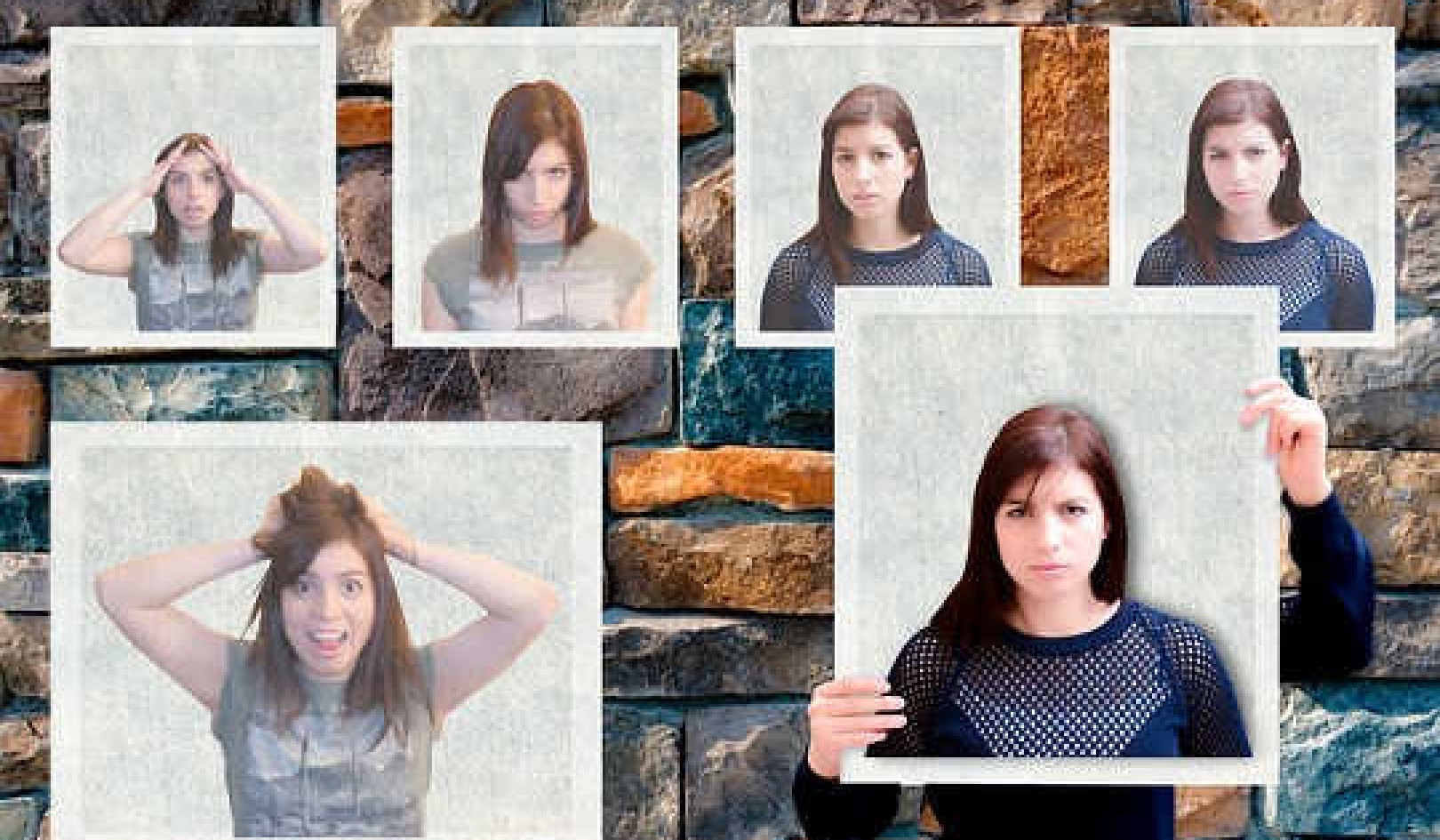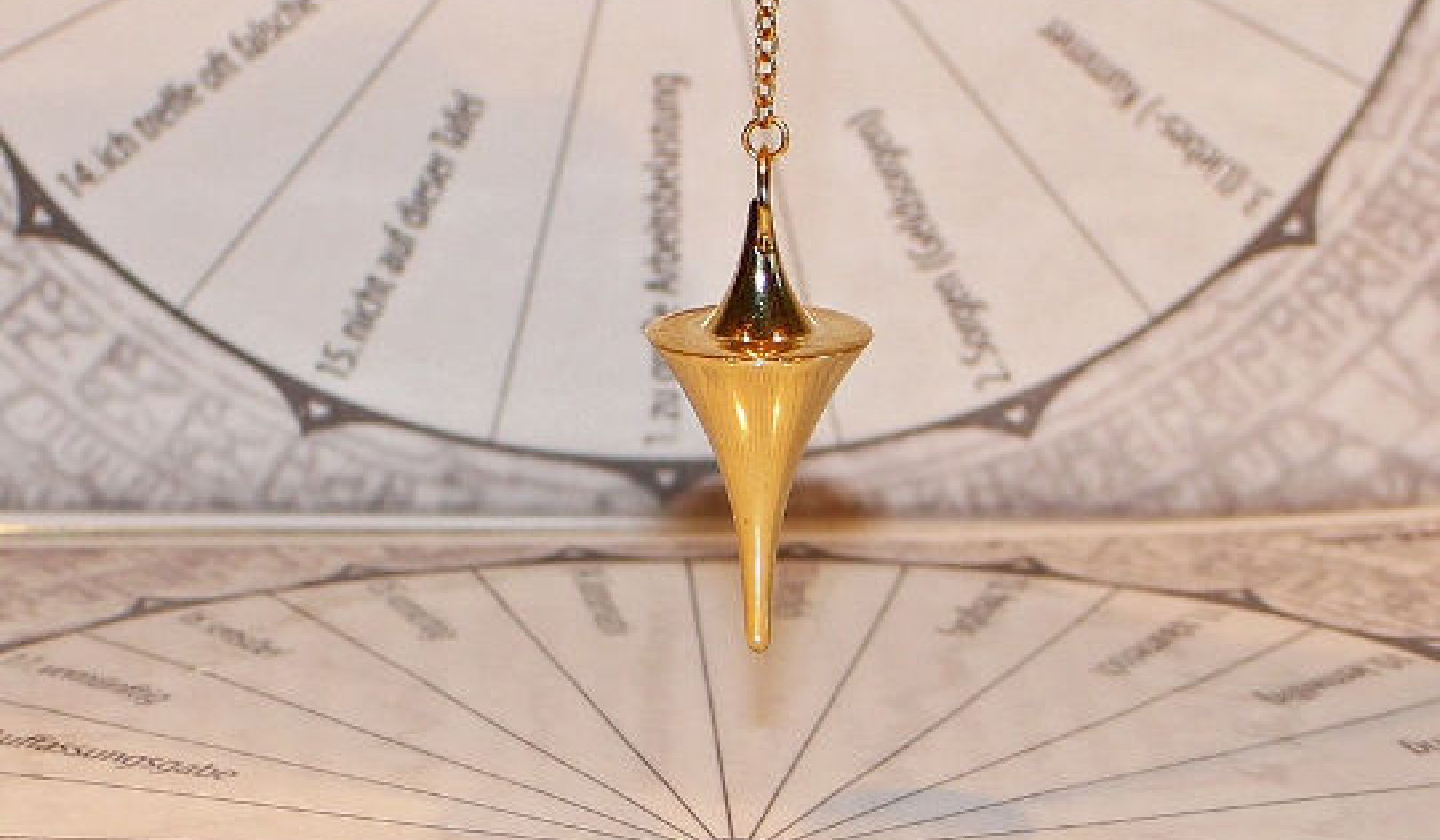
I’ve noticed that a number of recent self-improvement books use the phrase becoming a better you. The problem with trying to be a “better you” is the implication that you are not okay now. It also presumes that there’s an objective standard of okayness.
Often we want to be “better” so that other people will like us more, or so that we’ll like ourselves more. That’s clutter. Though we aren’t seeking better products, we are seeking better ways of being or better aspects of our personalities. We think, “If I can only become more generous, friendly, smart, creative, wealthy, patient, loyal, honest, funny, lovable, enlightened, or spiritual, then I’ll finally be okay.” And when we do this, we are reinforcing the feeling not only that we are not okay now, that there is something wrong with us, but also that we need another’s approval as proof that we’ve succeeded. We feel needy, wanting other people’s acknowledgment and praise to feel good.
Do You Like Yourself?
And what do you discover if you succeed in becoming a better you? As it turns out, being liked doesn’t change how you feel about yourself. Popular people don’t like themselves any more than others like themselves.
I had a client once who told me that she wanted to be a famous author. She felt that, in her career, she had done as much work as others who were well-known. She talked about how different and better her life would be if she had won some literary awards. When she talked about it, she was gone. Her eyes were unfocused, her face was drawn, and she looked tired. She was in a fantasy world.
I described to her how she disappeared when she talked about the need to be liked as a famous person. I said her desire was clutter because it didn’t inspire her or open her heart to her work. Plus, it was making her miserable. Whenever we think something in our lives should be other than as it is, we drain the present moment of its vitality, which is brutal on our well-being.
My client came to. She said she realized that recognition would be a burden. She recognized that she’d be exactly the same inside, but she’d have to deal with the headaches of fame. Then she talked about some of the famous people she knew, some of whom were very unhappy. She also realized that her need to be recognized was clutter because it was interfering with her work. Rather than relying on her own intuitive insights when creating, she was thinking about what others would like and approve of.
Doing Things Just So You Can Be Liked?
 When a person does something only to be liked — such as forcibly grafting a particular behavior onto themselves while ignoring their own impulses or intuition — they feel disconnected from themselves. Whether or not they win approval, this sense of disconnection often leaves them frustrated, angry, and resentful, which reinforces the feeling that something is wrong with them.
When a person does something only to be liked — such as forcibly grafting a particular behavior onto themselves while ignoring their own impulses or intuition — they feel disconnected from themselves. Whether or not they win approval, this sense of disconnection often leaves them frustrated, angry, and resentful, which reinforces the feeling that something is wrong with them.
I see this happen a lot. I once worked with a client who was a comedian. She was originally from New York and had a big, vibrant personality. She swore and said whatever was on her mind. When I first came to her apartment, I noticed a metal altar that held a set of Jane Austen’s Pride and Prejudice VHS tapes. When I asked her about them, she grew pale and quiet.
I could see she was wrestling with something inside herself. She said she had constructed this altar as her way of trying to become more feminine. She’d had a string of bad relationships and blamed herself for not being feminine enough. She felt she was chasing guys away with her strong personality. She thought she should be quieter and more delicate, basically a much-reduced version of herself. She was trying to change into what she thought was a more desirable way of being so she could find a better relationship.
I said this particular definition of femininity didn’t fit her. It wasn’t part of her nature. And if she did somehow figure out a way to forcefully graft that persona onto herself, she would be miserable. I told her she’d be better off being herself and finding a guy who likes her as she is. She laughed hard. She understood what she had been doing and let go of the tapes.
Giving Up On "Improving" Ourselves
If we’re lucky, we get so tired of trying to improve ourselves that we give up. We accept who we are and let go of our fear out of sheer exhaustion. Like Popeye, we declare, “I yam what I yam,” and peace of mind follows. The funny thing is, that is a better you. It’s the you holding this book, reading this page, feeling weary after years of trying to be amazing, well liked, stronger, all-powerful, and invincible. It’s the you who wants to enjoy your life right now as it is. The you who wants to enjoy your relationship with yourself.
Clutter busting is not about creating a better person but about uncovering the wonderful person you are right now. When you take an honest and kind look at all your clutter, you naturally remove the things that don’t serve you. You feel better without having to do, be, or have anything else.
What you discover is that your stripped-down, vulnerable, natural self contains an innate happiness.
Making a List of Your Good Qualities
Make a list of your good qualities that go unnoticed by others. They can be small or big things that are special to you. They can be the way you observe things or how you think. Maybe it’s how creative you are in small ways throughout the day. It can be how you like certain flavors and textures. Perhaps it’s your shoes. Or how you find bargains. Maybe it’s little insights that you have during the day.
Take a look at the list. This is the list of a special person. What an honor it is for you to know you.
Reprinted with permission of the publisher,
New World Library, Novato, CA. ©2012 by Brooks Palmer.
www.newworldlibrary.com or 800-972-6657 ext. 52.
Article Source
Clutter Busting Your Life: Clearing Physical and Emotional Clutter to Reconnect with Yourself and Others -- by Brooks Palmer.
 Over the course of his career helping people let go of things they no longer need, Brooks Palmer has been struck by the many ways that clutter affects relationships. In these pages, he shows how we use clutter to protect ourselves, control others, and cling to the past, and how it keeps us from experiencing the joy of connection. With insight-prompting questions, exercises, client examples, and even whimsical line drawings, Palmer will take you from overwhelmed to empowered. His gentle guidance will help you to not only clear clutter from your home but also enjoy deeper, more authentic, and clutter-free relationships of all kinds.
Over the course of his career helping people let go of things they no longer need, Brooks Palmer has been struck by the many ways that clutter affects relationships. In these pages, he shows how we use clutter to protect ourselves, control others, and cling to the past, and how it keeps us from experiencing the joy of connection. With insight-prompting questions, exercises, client examples, and even whimsical line drawings, Palmer will take you from overwhelmed to empowered. His gentle guidance will help you to not only clear clutter from your home but also enjoy deeper, more authentic, and clutter-free relationships of all kinds.
For More Info or to Order This Book.
About the Author
 Brooks Palmer uses compassion, awareness, and humor to help clients get rid of clutter from their homes, garages, offices, and lives. He has been featured in national and local media and offers clutter-busting workshops. He also performs stand-up comedy regularly in Chicago, Los Angeles, and New York. Brooks divides his time between Chicago and Los Angeles. Visit his clutter-busting blog at www.ClutterBusting.com and his humor website at www.BetterLateThanDead.com.
Brooks Palmer uses compassion, awareness, and humor to help clients get rid of clutter from their homes, garages, offices, and lives. He has been featured in national and local media and offers clutter-busting workshops. He also performs stand-up comedy regularly in Chicago, Los Angeles, and New York. Brooks divides his time between Chicago and Los Angeles. Visit his clutter-busting blog at www.ClutterBusting.com and his humor website at www.BetterLateThanDead.com.

























